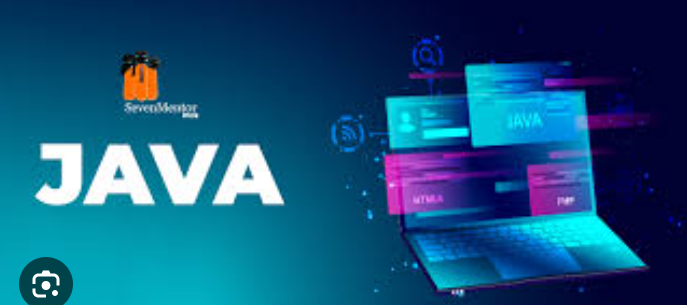
Java is a widely-used, object-oriented programming language that has several fundamental topics essential for beginners. Here are some of the basic topics in Java:
1. Introduction to Java
History and Evolution: Understanding the origins and development of Java.
Features of Java: Platform independence, object-oriented, simple, secure, etc.
Java Environment: JDK (Java Development Kit), JRE (Java Runtime Environment), and JVM (Java Virtual Machine).
2. Basic Syntax
Java Program Structure: Understanding the structure of a Java program including the main method.
Data Types: Primitive data types (int, char, double, boolean, etc.) and non-primitive data types (arrays, strings, classes).
Variables: Declaration, initialization, and scope of variables.
Operators: Arithmetic, relational, logical, bitwise, assignment, and other operators.
Visit For More Info - Java Classes in Pune
3. Control Flow Statements
Conditional Statements: if, if-else, switch.
Looping Statements: for, while, do-while loops.
Branching Statements: break, continue, return.
4. Object-Oriented Programming (OOP) Concepts
Classes and Objects: Creating classes and objects, understanding the relationship between them.
Methods: Defining and invoking methods, method overloading.
Constructors: Default and parameterized constructors.
Inheritance: Extending classes, the use of super keyword, method overriding.
Polymorphism: Compile-time (method overloading) and run-time (method overriding) polymorphism.
Encapsulation: Using access modifiers to protect data.
Abstraction: Abstract classes and interfaces.
5. Java Libraries and APIs
String Handling: String class and its methods, StringBuilder, and StringBuffer.
Collections Framework: List, Set, Map, and their implementations like ArrayList, HashSet, HashMap.
File I/O: Reading from and writing to files using classes in the java.io package.
6. Exception Handling
Types of Exceptions: Checked and unchecked exceptions.
Try-Catch Block: Using try, catch, finally blocks.
Throw and Throws: Throwing exceptions and declaring them.
7. Multithreading and Concurrency
Thread Creation: Extending Thread class or implementing Runnable interface.
Thread Lifecycle: New, runnable, blocked, waiting, timed waiting, terminated.
Synchronization: Managing access to shared resources.
8. Java Development Tools
Integrated Development Environment (IDE): Using IDEs like IntelliJ IDEA, Eclipse, NetBeans for Java development.
Build Tools: Maven, Gradle for project management and build automation.
9. Basic GUI Programming
Swing and AWT: Basic components and event handling.
10. Basic Networking
Networking Basics: Using java.net package for network communication.
These topics form the foundation of Java programming. Mastering them will provide a strong base to explore advanced Java concepts and frameworks.
Visit For More Info - Java Course in Pune





Write a comment ...